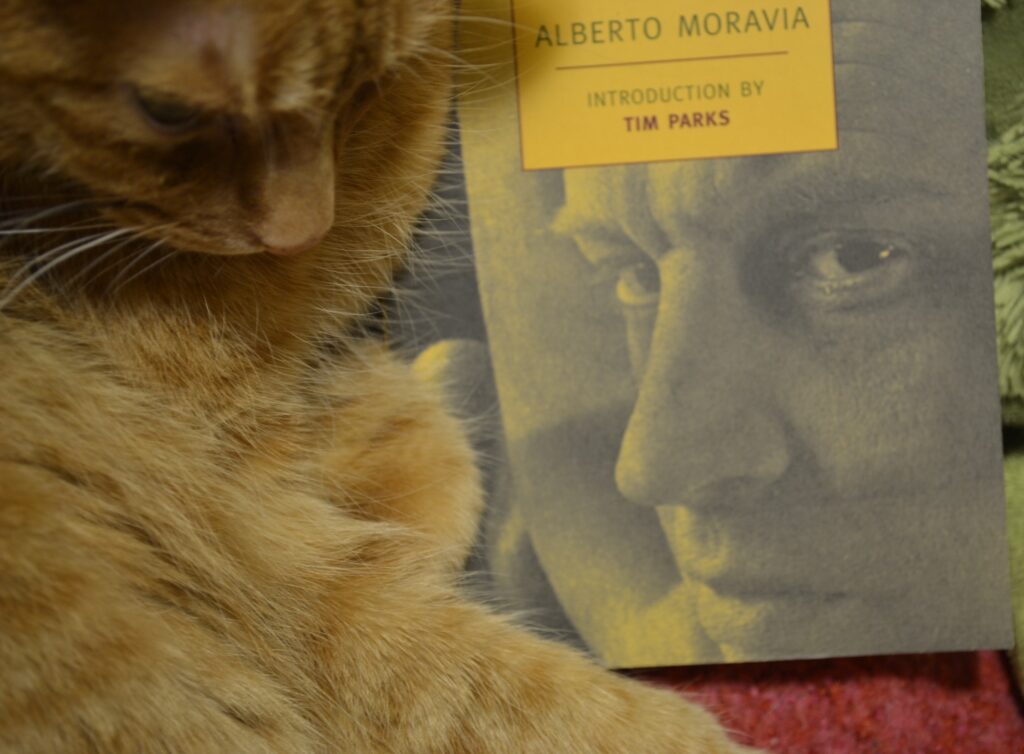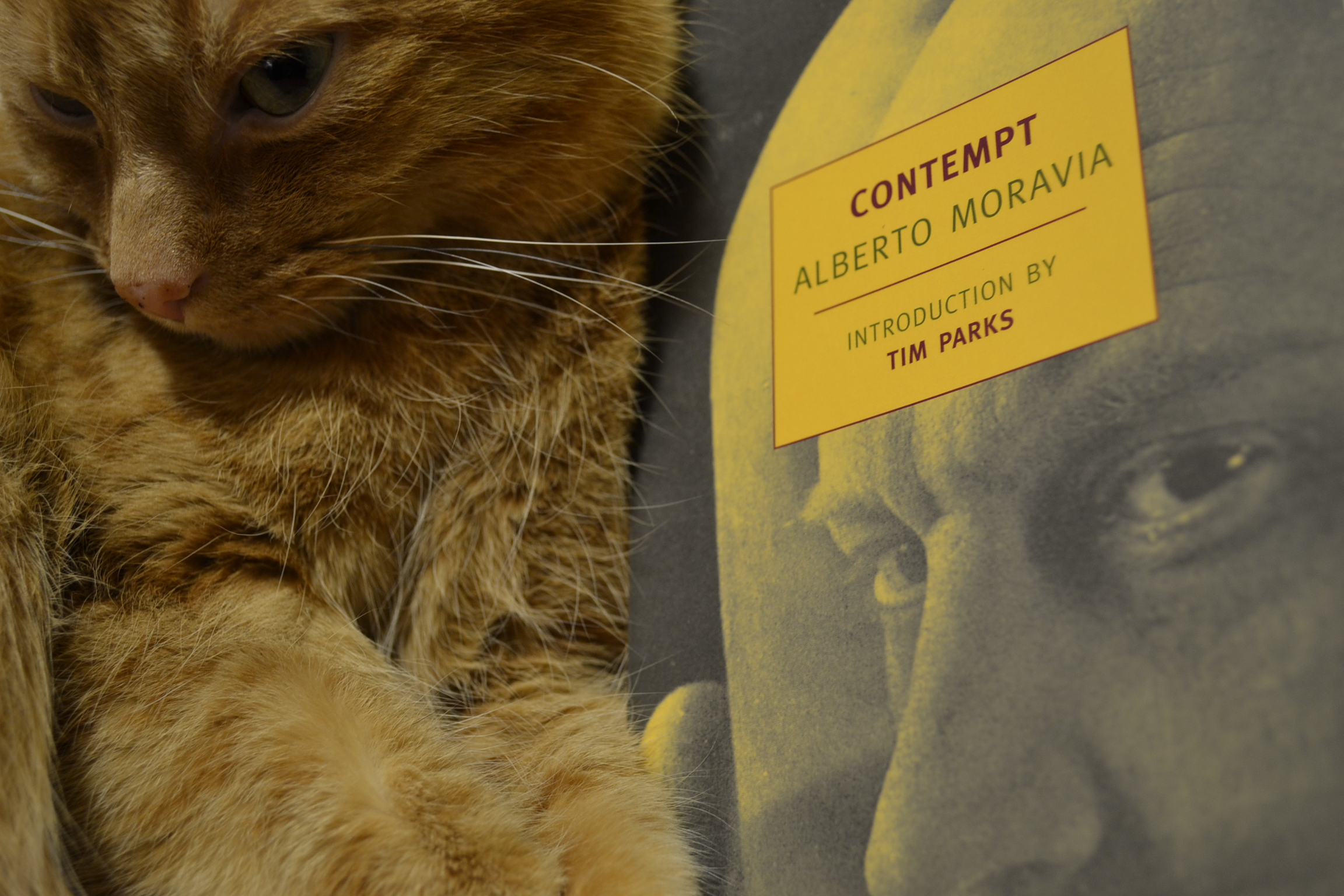Turning Back Around
My lovely spouse has been doing her best to help me combat my low mood, and part of that is convincing me to go out of the house and get some fresh air. I love hiking and, usually, I’m the first to suggest going to the trail, but when my mood is low my energy gets low too and it’s so hard to get over the inertia keeping me on the sofa or — when the days get really awful — in bed. My lovely spouse always makes sure I take care of myself, and I am so grateful to her for that because, without her, I know that I would be barely leaving the house at this point.
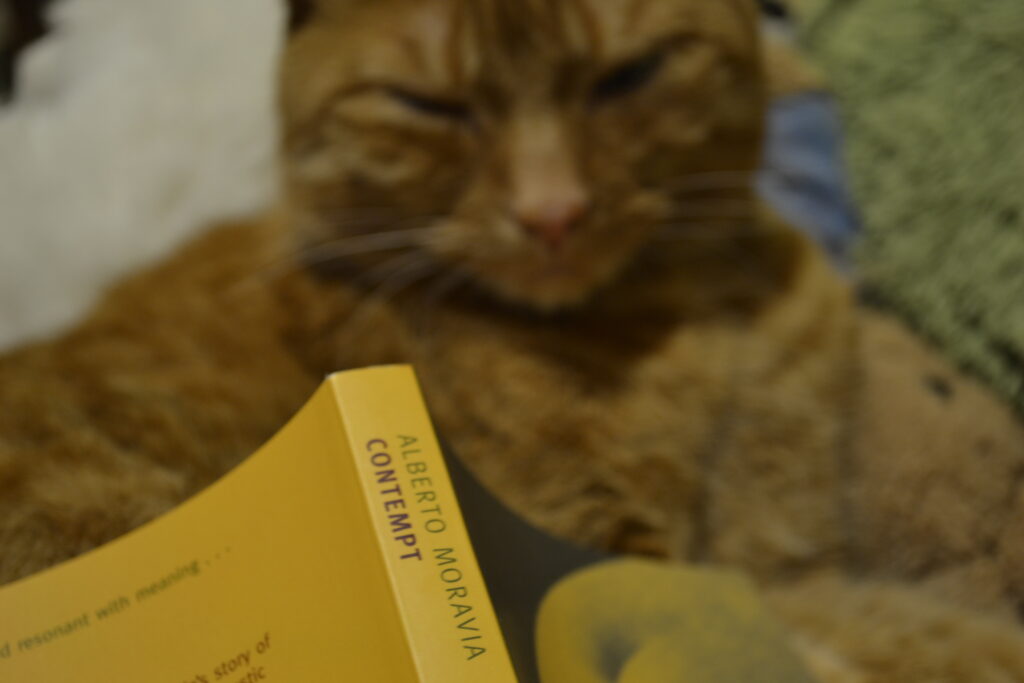
So, today she tried her best to get me to the local trail around the river. But somehow when we got out of the car, the wind was a bit too cold and the wind was a bit too biting. My lovely spouse squeezed my arm and let me turn around so that we could go grab coffee. And as much I want to beat myself up about not getting in the walk, I know from experience that sometimes it’s okay to just go for coffee, enjoy the moment, and forgive myself.
It’s all about balance, and there will be other days where I will push through the cold. It’s important to keep going, but its also about knowing when you’re pushing too hard on the wrong day.
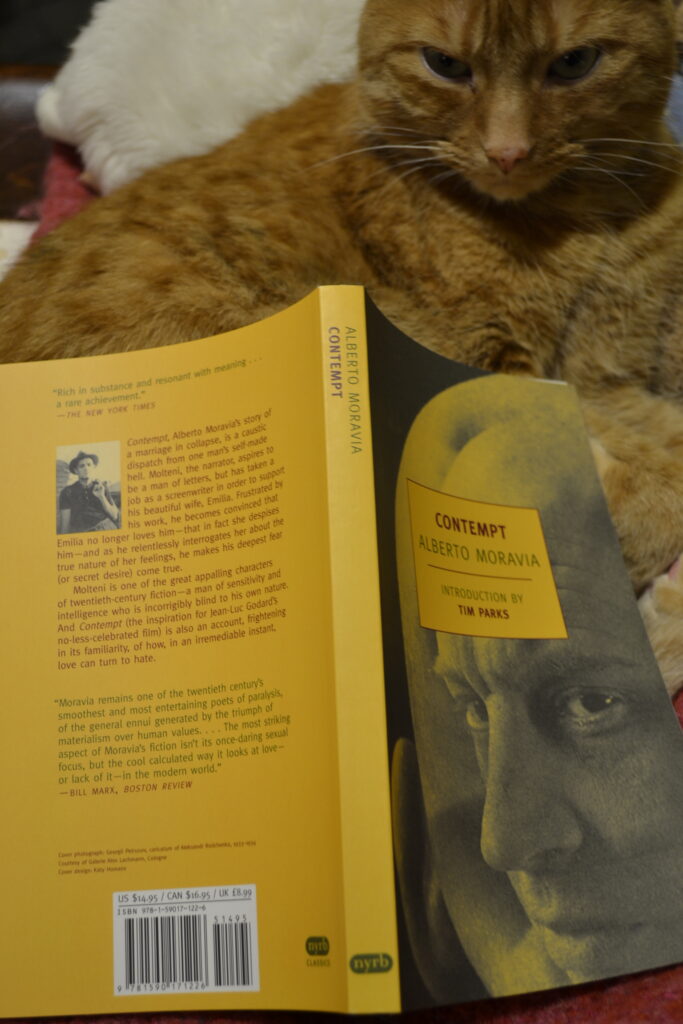
Unreliable Narration
Alberto Moravia’s Contempt (Il disprezzo) is a masterpiece example of unreliable narration. It’s a slim novel, but within it is a story that includes multiple layers and complexities with a very simple idea as a base. In essence, the book is about a man named Molteni who is a screenwriter to makes ends meet. Molteni believes that his wife Emilia has ceased to love him and nothing will convince him of the contrary.
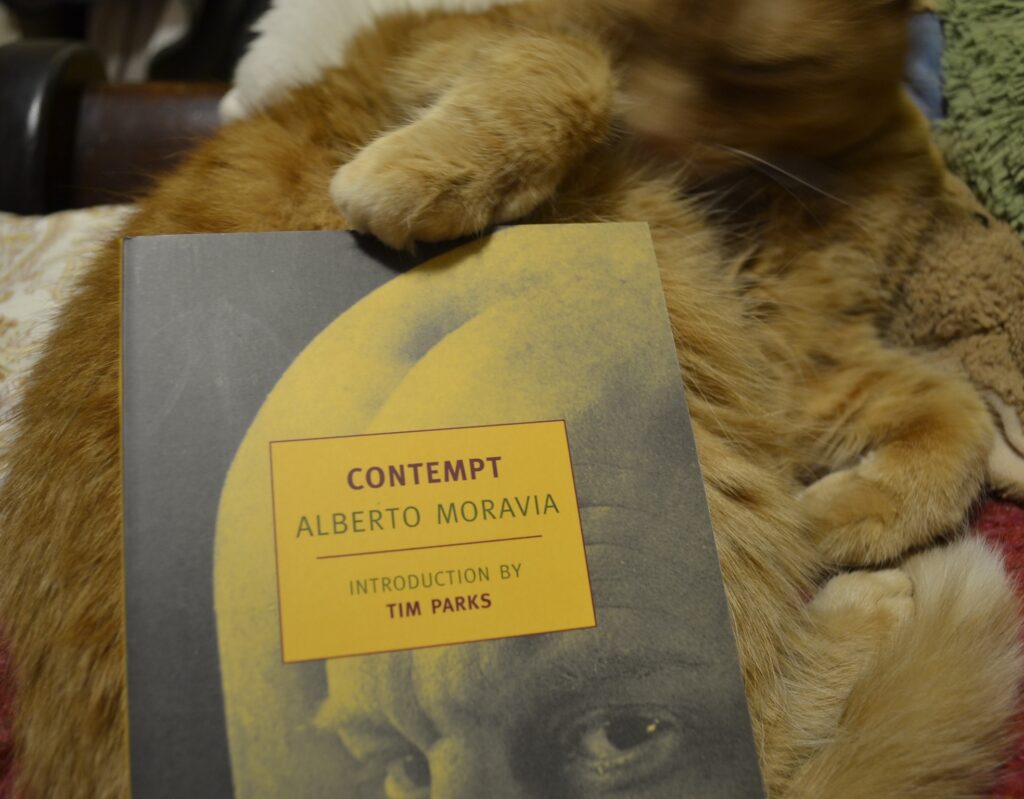
Molteni is a man that possesses a vast amount of intelligence when it comes to writing, but he is a frustrating fool when it comes to interpreting the actions of others and seeing things beyond the surface of the situation. Throughout the book the reader is meant to question if Molteni is right and to interpret Emilia’s actions alongside Molteni — and, without doubt, to arrive at a different set of conclusions.
Molteni’s ignorance about himself and his actions and his refusal to take responsibility for his own behaviour as well as any consequences of it make him one of the most repugnant characters you will ever spend a novel reading about. The brilliance of the book is that, while Molteni is talking about his wife’s contempt poisoning his life, what really happens is a self-fulfilling prophecy where it is Molteni’s own contempt that destroys his happiness.
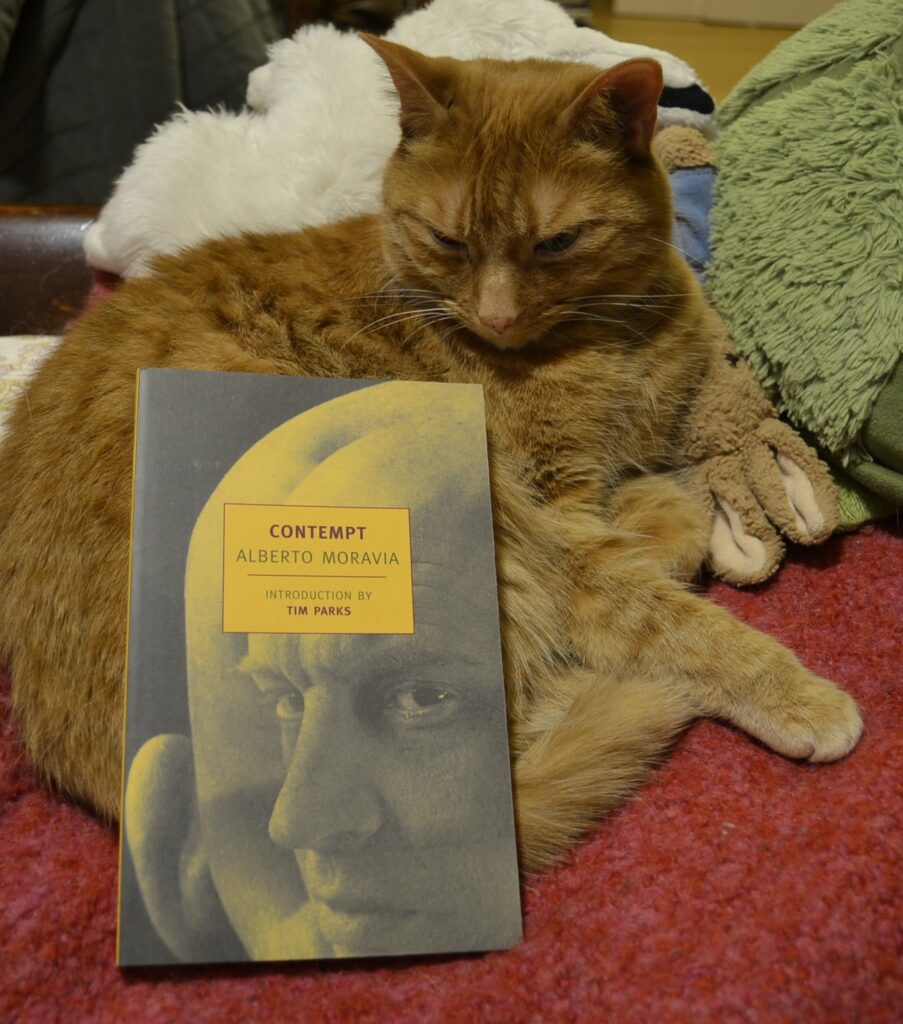
The Missing Perspective
When I read Contempt, I couldn’t help but feel that Emilia’s perspective is really glaringly missing. There are enough signs in her words and her actions for the reader to determine most of her thoughts and how she is reacting to her husbands fears and accusations. Clearly, she starts the novel afraid of Molteni’s employer, a man by the name of Battista, and when Molteni thoughtlessly leaves her alone with him, she is hurt and upset by it. It is clear she eventually starts to think that Molteni is making an offering of her to his employer in order to get ahead.
To some extent, this lack of Emilia’s perspective is necessary for the structure of the novel to work and for Molteni’s contemptibility to be so palpable to the reader. But I think the cost of the structure was ultimately that Emilia seems so flat and unreal. So does Battista. So does every character that isn’t Molteni. And yes, that is part of what makes the reader hate him like they are supposed to, but at the end of the book, I was questioning if there was perhaps a better way.
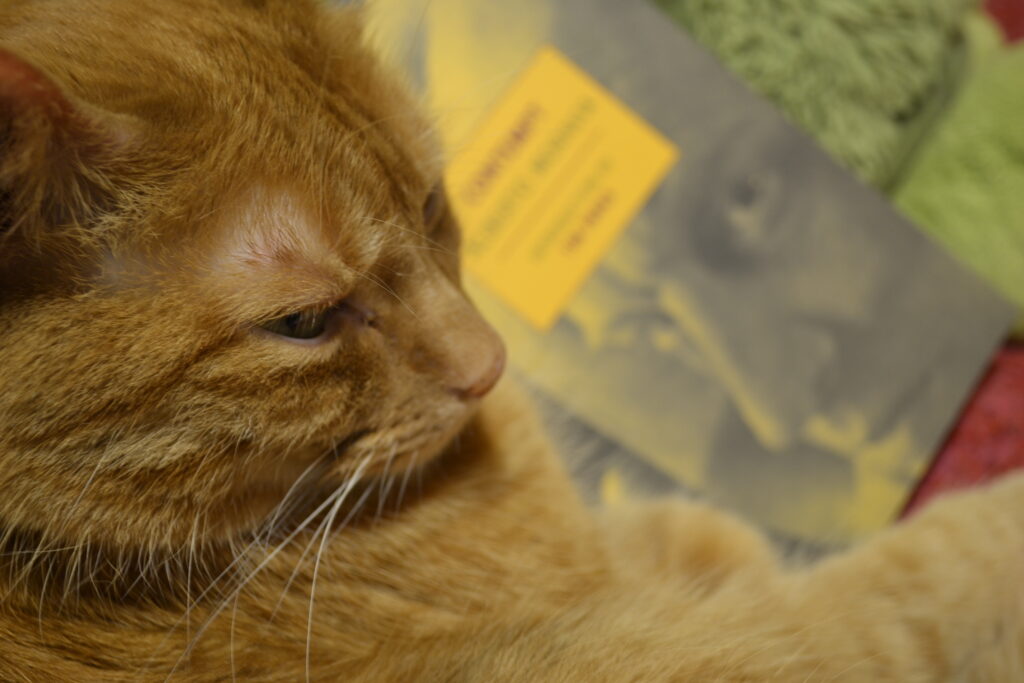
The Take Away
There’s a lot to chew on in Contempt and it’s one of those books that will keep you thinking long after you put it back on the shelf. There’s an extensive discussion of Homer’s The Odyssey that forms another facet of the novel and Molteni’s psyche that I didn’t even have room to discuss here. The structure and the exploration of the blindness of one character and their relationship to the world (that they think they understand but ultimately don’t) is worth the read in and of itself.
The legendary director Jean-Luc Godard made a film based on this novel, that I have added to my to-watch list. I’m interested to see how this plot works with a visual medium and how it compares to Moravia’s book.
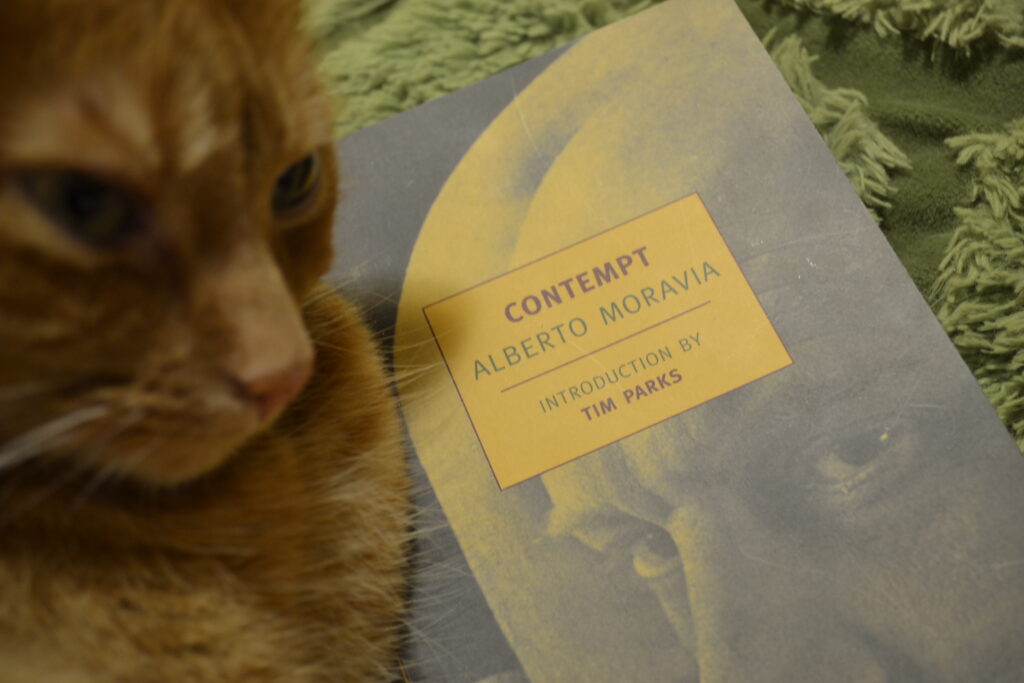
Enjoying the Warmth
I did go for a hike earlier this week and, even though I am used to it being in the double-digits below zero, I am clearly not used to going on the long trail in that weather. It feels like the cold is still in my bones at this point and I’ve been a bit of a fussy baby with temperature fluctuations since then.
The plan? For exercise this weekend, I will be choosing a couple of yoga routines in front of the electric fireplace.
